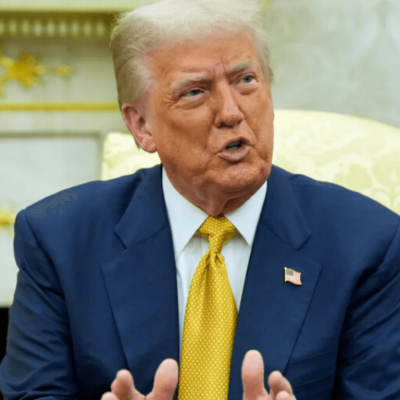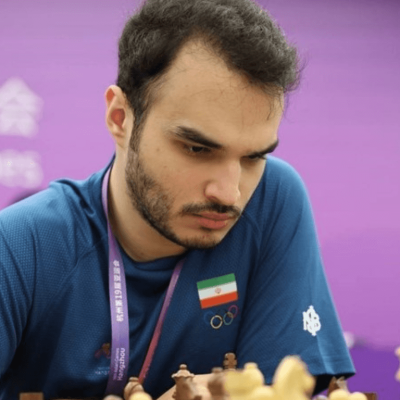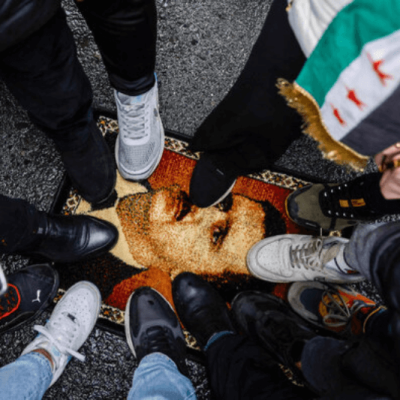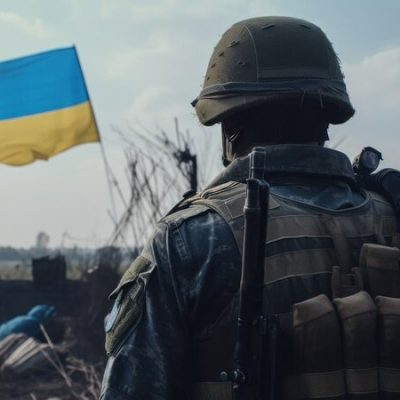Be Alert: Russia is Taking One Step Closer to Using Nuclear Weapons
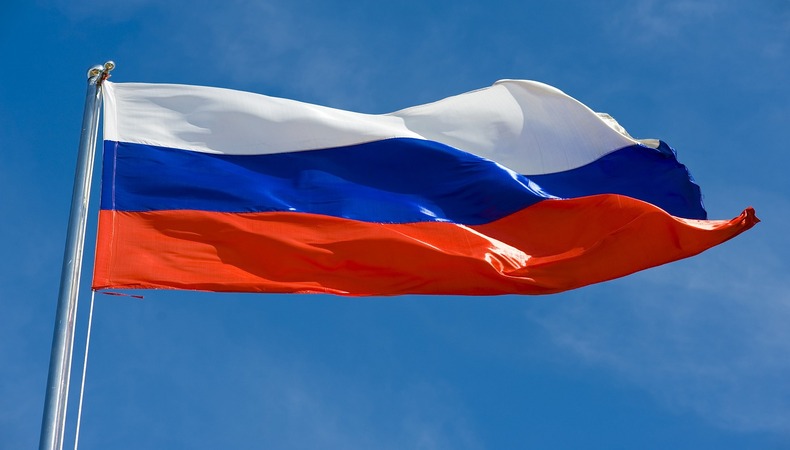
Russia’s Deputy Foreign Minister, Sergei Ryabkov, has proposed in a notable and maybe destabilizing change that the nation might change its nuclear weapon policy in reaction to what it believes to be an increasingly hostile posture from Western countries among the continuing conflict in Ukraine.
Published on Russian state media, Ryabkov’s remarks have caused waves of anxiety among the world community since they suggest Moscow might cut the threshold for the use of nuclear weapons, generating the threat of nuclear conflict in an already unstable geopolitical setting.
Russia’s current nuclear policy
As stated in a 2020 decree by President Vladimir Putin, Russia’s nuclear policy currently allows the use of nuclear weapons under two particular conditions: first, should Russia or its allies be attacked with nuclear weapons, and second, should a conventional military attack jeopardize the very existence of the Russian state.
Designed to discourage both nuclear and major conventional strikes, this concept has been pillar of Russia’s national security policy. Historically, the doctrine has been considered as a last-resort solution; nuclear weapons are perceived as a defense against existential dangers.
Suggested Changes and Their Consequences
Ryabkov’s latest remarks imply that the Kremlin might be considering a major change in this policy, maybe lowering the bar for nuclear weapon use to handle what it sees as growing Western threat. This change would not only challenge the current wisdom but also indicate a preparedness to employ nuclear weapons in a wider spectrum of events, including ones devoid of an existential threat to the state.
Ryabkov said that this shift is meant to “sober” Russia’s enemies in the West, so clearly alerting Moscow that it is ready to intensify its military reaction should it be judged required. Such a change has great and disturbing consequences. Reducing the nuclear deployment threshold might mean Russia might take into account utilizing these weapons in response to conventional military confrontations or even as a preventative action should it feel its strategic interests are under great risk.
This action might potentially be seen as a tactic to discourage more Western military support to Ukraine by raising the seeming hazards of direct confrontation with a nuclear-armed state.
Strategic and international consequences
There are broad strategic consequences from Russia’s possible nuclear policy change. It begs the prospect that Moscow might use nuclear weapons in circumstances that would have otherwise been handled by diplomatic or conventional military methods. Such a change would not only raise the possibility of nuclear conflict but also jeopardize decades of work at nuclear arms control meant to lower the likelihood of such weapons being deployed.
This is probably a serious escalation seen by the international community, especially NATO and the United States, which would lead to a review of their own nuclear policies and posture. Furthermore, Ryabkov’s comment could be interpreted as a deliberate attempt to sow confusion and anxiety among Western nations, especially those that provide military help to Ukraine.
The Kremlin might be trying to discourage more support for Ukraine by implying that Russia is ready to contemplate nuclear options in reaction to Western activities, therefore undermining Kyiv’s capacity to thwart Russian advances. Western nations, who could worry about triggering a nuclear reaction, may adopt a more circumspect attitude as a result.
The Situation of Increasing Conflict
Ryabkov’s remarks align with a period of especially intense fighting in Ukraine. Supported by sophisticated Western military hardware and intelligence support, Ukrainian troops have presented major opposition to Russian forces. With claims of significant casualties and strategic setbacks, Russia’s military dynamics have not been in their advantage.
Under these circumstances, the recommendation that Russia should cut its nuclear use threshold could be seen as a sign of desperation, a way to offset the difficulties Russian conventional forces encounter. Moscow’s irritation with Western countries, especially with regard to their deployment of advanced weaponry systems to Ukraine, has been growing.
Ryabkov’s comments can thus be interpreted as part of a larger plan to force a reassessment of Western engagement in the conflict by escalating the stakes to an unheard-of degree. But this brinkmanship strategy comes with great dangers since it may cause miscalculations or inadvertent escalations that go out of hand.
Global Reactions and Possible Reactions
Ryabkov’s comment has elicited an alarming and worried reaction globally. Policymakers and analysts are now quickly evaluating the possible effects of a change in Russia’s nuclear philosophy.
Discussions on the necessity of fresh diplomatic measures to stop greater escalation have been spurred by Moscow’s potential change in posture on nuclear weapon deployment—that is, more flexibility and intensity. Furthermore acknowledged is the requirement of strengthening or changing current weapons control systems to fit the new reality of nuclear risk in the twenty-first century.
Western nations are probably going to have tough choices at the same time regarding how to keep helping Ukraine without causing Russia to react catastrophically. It will be difficult to strike the balance between giving military support and avoiding moves Moscow could regard as existential threats.
The stakes cannot be higher since the possibility for nuclear escalation brings a degree of risk not observed since the height of the Cold War.
Ultimately, a New Era of Nuclear Brinkmanship?
Ryabkov’s recommendation that Russia should cut its nuclear use threshold signifies a possibly catastrophic turning point in the Ukraine crisis and in world security more generally. Should Moscow carry out this change, a new era of nuclear brinkmanship—where miscalculation or inadvertent escalation’s chances are much raised—may result.
The world community will have to walk carefully, juggling the necessity to assist Ukraine and respect international standards with the imperative to prevent starting a nuclear conflict. Global leaders must participate in constant and serious communication as the situation develops to help to avoid the worst-case events from materializing.
The stakes are worldwide rather than only local, and the choices taken in the next months might determine the direction of world security for years to come. It is impossible to overestimate the value of diplomacy, open communication, and restraint in these very sensitive surroundings.

